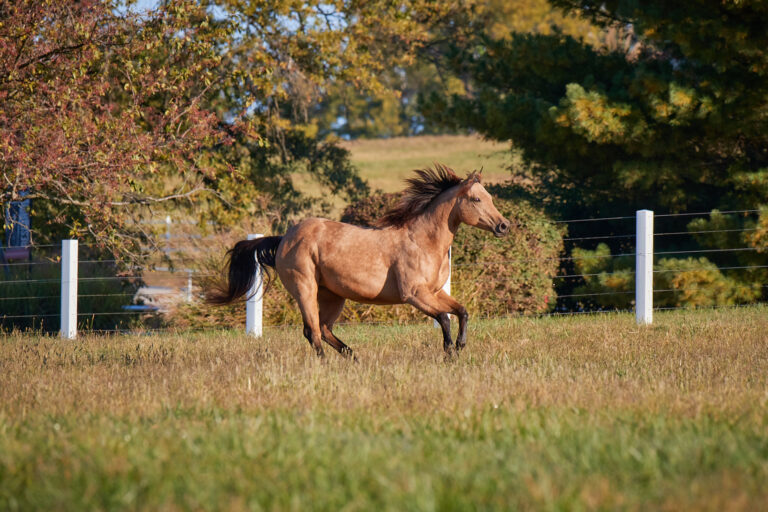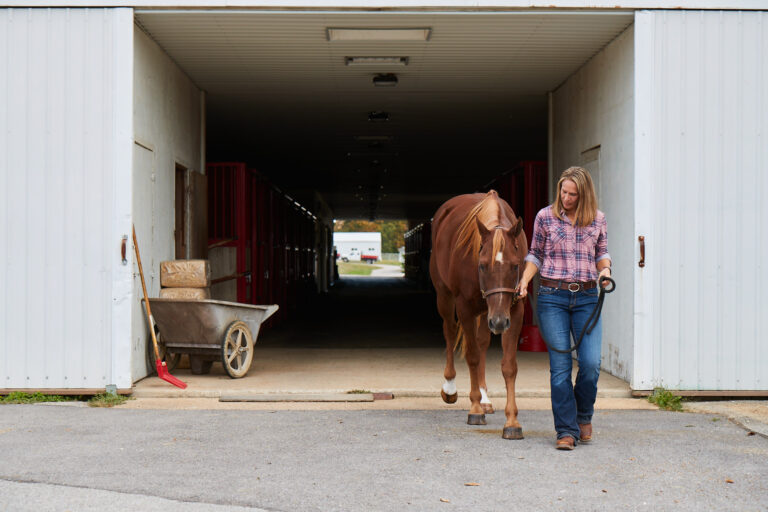
“Burnout is when perceived demands outweigh perceived resources,” said Colleen Best, DVM, PhD, CCFP.
In an article for EquiManagement, Best said burnout is a syndrome that is defined by three facets: emotional exhaustion, depersonalization and low personal accomplishment.

The Business of Practice podcast is brought to you by Dechra Veterinary Products. She also said, “In thinking about the work we (equine veterinarians) do, much of it is selfless work. We work tirelessly for the betterment of other people’s horses, for a reward significantly less than our human counterparts receive, and with increased risk of harm to ourselves. This selflessness is to be applauded to a certain extent. However, it can contribute to burnout, because we believe that we must continue to meet the needs of others before ourselves. If we are not meeting our own needs, the only ones we are harming are ourselves.” How do I manage if I think there are too many demands on me? This can happen at work and at home? How do I manage those demands? Who is in charge of my “to-do” list? The answer should be me. I’m in charge of where my resources go. Taking charge of that can feel really hard. Best said associates need to remember that is the job of your workplace to ask more than you have to give, and it is your job to stick up for yourself. “Others make demands because that is their role,” she said. “My role is to decide how to allocate my resources. Don’t ‘demonize’ those people putting demands on you; that’s their job.” The Business of Practice podcast![]()

is brought to you by Dechra Veterinary Products.









